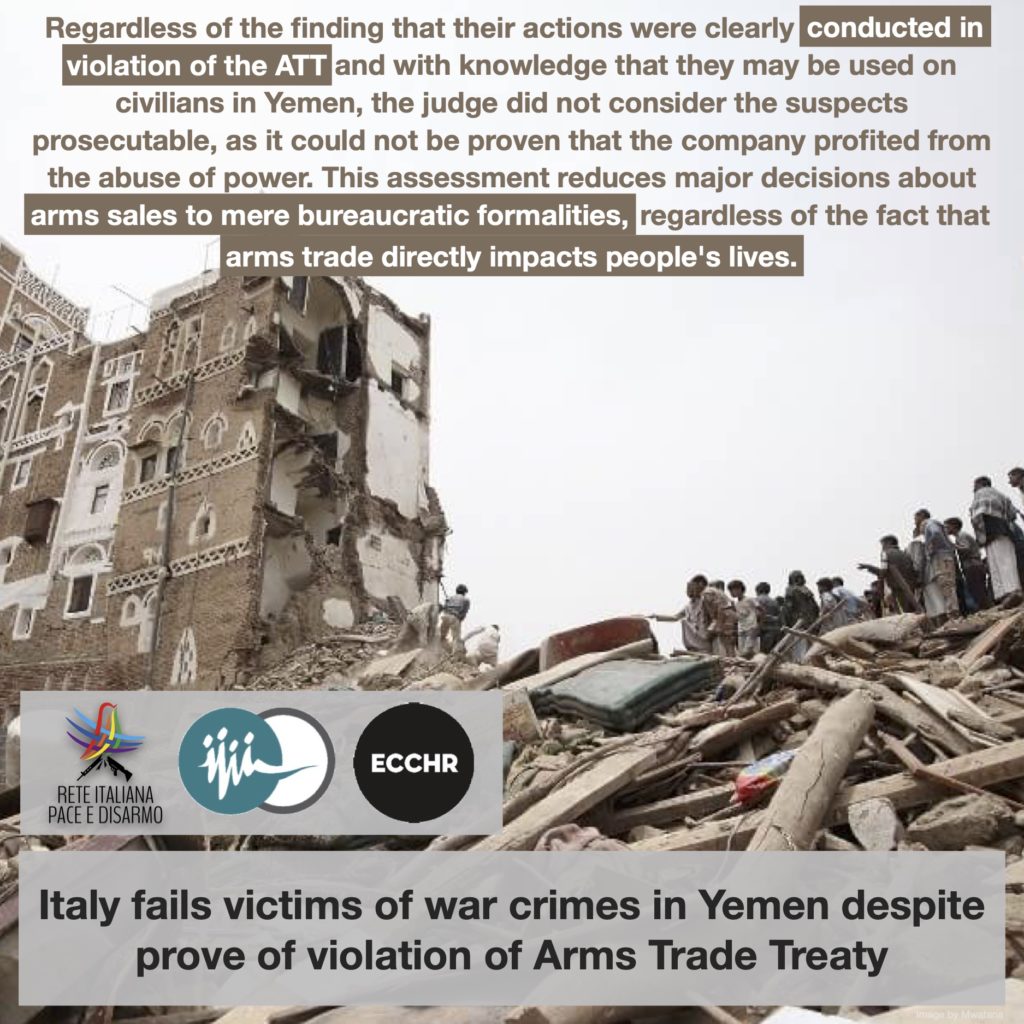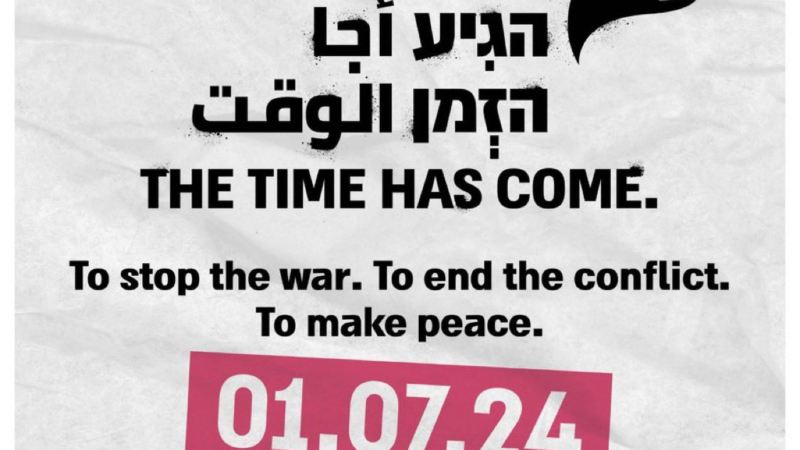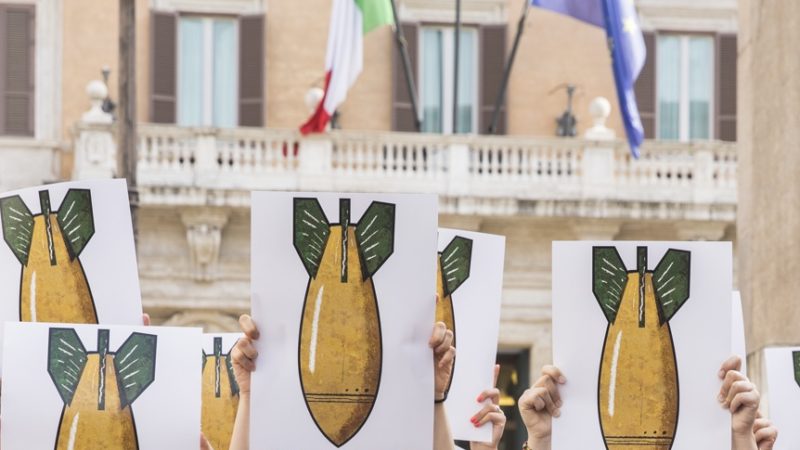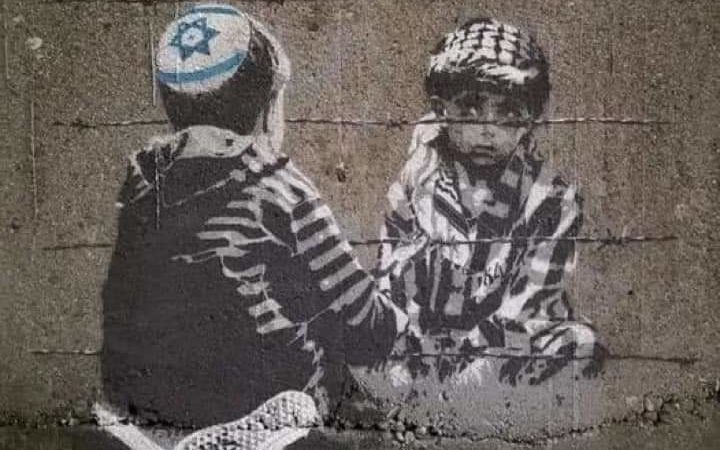Italy fails victims of war crimes in Yemen despite prove of violation of Arms Trade Treaty
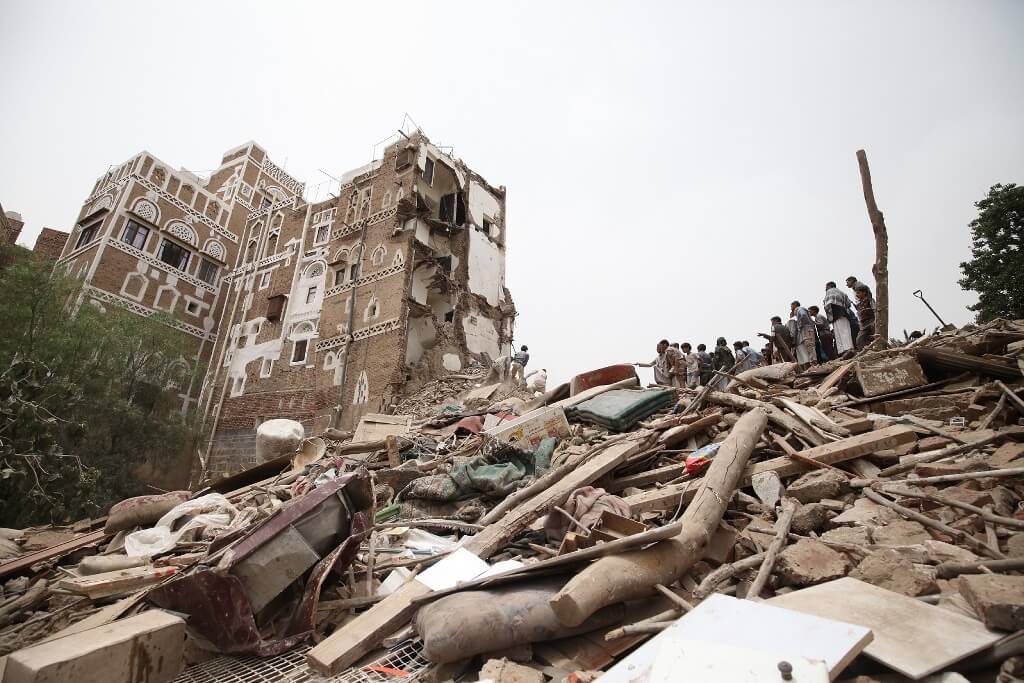
Indictment of Italian public officials and RWM Italia manager for contributing to potential war crimes dismissed despite evidence of the violation of the ATT Arms Trade Treaty and the established knowledge that weapons could have been used on civilians in Yemen.
Berlin/Rome/Sana’a – In a decision that closes the doors of justice for the victims of too many indiscriminate attacks on civilians in Yemen, the Judge for Preliminary Investigations in Rome dismissed the case concerning the criminal responsibility of Italian public officials and the CEO of an arms manufacturer for exporting arms that were used in the war in Yemen.
Officials of Italy’s National Authority for the Export of Armament (UAMA) and the CEO of RWM Italia S.p.A. will not be indicted for their role in the supply of weapons which contributes to unlawful airstrikes in Yemen. This decision was reached despite overwhelming evidence confirmed during the investigation of indiscriminate aerial attacks on Yemeni civilians – potentially amounting to war crimes – which were conducted since 2015 by Saudi Arabia (SA) and the United Arab Emirates (UAE) with bombs made by RWM in Italy. The dismissal of the case appears unfounded in the eyes of the international human rights organizations – Mwatana, ECCHR and Rete Italiana Pace e Disarmo – who filed a complaint in April 2018 following an airstrike allegedly conducted by the Saudi/UAE led military coalition in 2016 that struck the village of Deir Al-Ḩajārī in northwest Yemen and killed a family of six. The decision not only denies those affected by the air strike access to justice and a fair trial, but also stands in stark contrast to the evidence gathered over years of investigation (albeit partial and not at trial level).
The judge points out in the decision: “Following the interventions of the UN and then of the European Parliament, in view of parliamentary questions on the issue and complaints by NGOs, UAMA was therefore certainly aware of the possible use of the arms sold by RWM to Saudi Arabia in the conflict in Yemen to the detriment of civilians, so much so that it adopted a cautious and prudent attitude from May 2016 onward.” Despite this, UAMA “continued to issue arms export licenses to the company RWM even in the following years, in violation of at least Art. 6 and 7 of the Arms Trade Treaty (ATT), ratified by Italy in April 2014, a binding legal instrument, establishing that a state must not authorize arms exports if it is aware of their possible use against civilian targets.”
Regardless of the finding that their actions were clearly conducted in violation of the ATT and with knowledge that they may be used on civilians in Yemen, the judge did not consider the suspects prosecutable, as it could not be proven that the company profited from the abuse of power. According to the judge, the public officials had complied with the formal procedures of the arms export authorization process, which she described as complex and in accordance with government policy.
This assessment reduces major decisions about arms sales to mere bureaucratic formalities, regardless of the fact that arms trade directly impacts people’s lives. It thus ignores both the violation of national and international norms concerning the arms trade, as well as the responsibilities of the company to ensure that its business practices are in compliance with international norms. Beyond that, this ruling ignores the alleged complicity of the suspects in the killing of six people during the airstrike on the village of Deir Al-Ḩajārī in 2016.
“In our latest interview with the family of the murdered, a relative said: ‘We believe that God shall do us justice even if earthly tribunals have failed to do so.’ This message was to tell the world how Yemeni victims are hopeless that justice will be achieved, and with this decision, the Italian Judiciary only confirmed these concerns. The decision taken in Rome allows companies to continue to export weapons to the Saudi-led military coalition even though most of the victims in Yemen are civilians. But we will keep fighting for accountability, justice and lasting peace in Yemen,” says Radhya Almutawakel, spokesperson for Mwatana.
Mwatana, ECCHR and Rete Italiana Pace e Disarmo will continue their pursuit of justice for the civilian victims of the conflict – which may also include legal action – especially in light of the crucial evidence gathered from the recently concluded investigation that shows how arms sales to the warring parties in Yemen constitute serious violations of international norms and international humanitarian law.
“We deeply regret the decision, which is devastating to all civilian survivors of deadly airstrikes in Yemen,” says Laura Duarte, Legal Advisor at ECCHR. “It closes the route to justice and widens the gap of impunity from which the European arms industry has benefited for years, and legitimizes arms exports that may contribute to international crimes. All this while the conflict in Yemen is still ongoing and civilians continue to be the first victims.”
“We are truly astonished not only by the decision to close the case,” stresses Francesco Vignarca, Campaign Coordinator of the Italian Peace and Disarmament Network, “but above all by the reasons given: what is the point of national and international rules on arms exports – with clear criteria and procedures – if they can be ignored without consequences? We consider it unacceptable that the mere collection of political opinions and hypothetical economic advantages are worth more than the concrete violations of regulatory criteria and, above all, the deadly and devastating consequences on civilians.”
Documents in PDF Preliminary legal analysis
